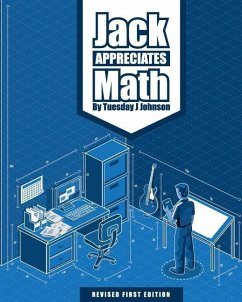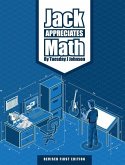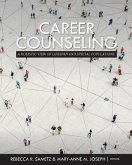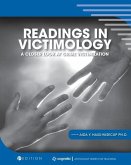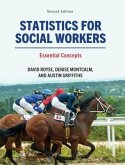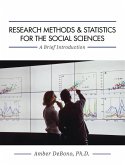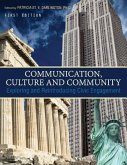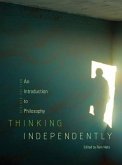"Jack Appreciates Math explores the various ways math is used in the routine activities that are part of everyday life. The book uses the story form to illustrate how a regular guy repeatedly encounters math and the need for math skills. The book demonstrates how math is integrated into everything from personal finance, to nutrition and exercise, to scheduling. Calculating probability is linked to Powerball and Mega Millions. Modular arithmetic pops up in check digits, clocks and calendars, and personal data. Students who think they don't use or need math will gain a greater appreciation of the Fibonacci Sequence, the Golden ratio, and Hamiltonian circuits as they see how this "math stuff" can and does play a meaningful and important role in what they do and how they live. Jack Appreciates Math is written for standard liberal arts math courses for non-majors. It can also be used in high school life skills courses or as a refresher for those who use math in everyday applications. Tuesday Johnson earned an M.S. in pure mathematics at New Mexico State University, Las Cruces. Professor Johnson is currently a full-time lecturer at the University of Texas at El Paso, and an associate professor at Dona Ana Community College. She has taught algebra, trigonometry, calculus, and math for education majors and helped to develop a two-semester course in applied technical mathematics."

